DEPRESSION
Better Life Therapy offers compassionate outpatient treatment for individuals with depression
WHAT IS DEPRESSION?
Depression, or Major Depressive Disorder, is a common and serious medical illness that affects how you feel, the way you think, and how you act, usually with negative thoughts and emotions. Depression often causes feelings of sadness, a loss of interest in the activities and hobbies you love, and a general feeling of fatigue. If left untreated, it has the potential to cause emotional and physical problems which can decrease your ability to function in work and in life.
To be diagnosed with depression an individual must have five depression symptoms every day, nearly all day, for at least 2 weeks. One of these symptoms must be a depressed mood or a loss of interest or pleasure in almost all activities. Children and adolescents may be irritable rather than sad.

ISN’T DEPRESSION JUST BEING REALLY SAD?

A common misconception is that depression and sadness are interchangeable. While sadness can be a symptom of depression, grief is different, in that it comes in waves and self-esteem is typically maintained throughout the process. Depression, on the other hand, is more focused on thoughts of being worthless or not deserving of life and typically persists without much change. In order to meet the diagnostic critera, depression must last in excess of 2 weeks and usually persists for a long time afterwards. Sadness and depression can co-exist where a traumatic event, such as a death in the family or natural disaster, can trigger severe sadness that can lead to depression.
Knowing the difference between sadness and depression is important, and helps people get the therapeutic assistance they need.
CAN DEPRESSION BE TREATED?
Absolutely. Depression is actually among the most common and treatable mental health disorders. Between 80% and 90% of people with depression eventually respond well to treatment and almost all patients gain some kind of relief from their symptoms.
Some of the more common methods to treat depression are through:
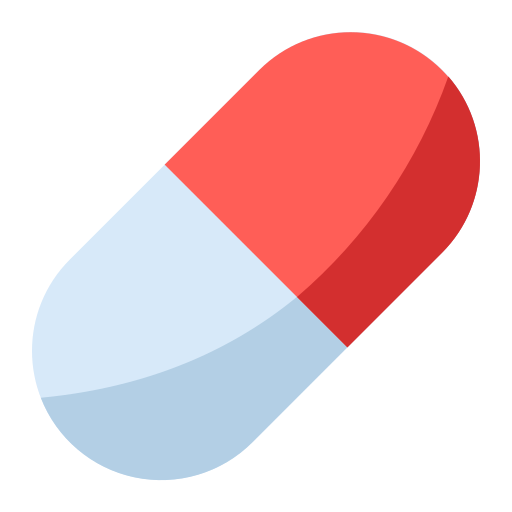
Medication
Antidepressants are often prescribed to help modify your brain’s chemistry and moderate how it reacts to outside stimulation.
Depression medication is generally not habit-forming and comes with a low risk of side effects.
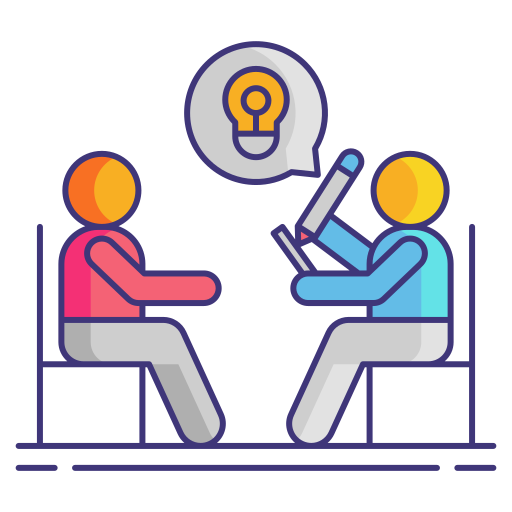
Psychotherapy
Mild cases of depression can be successfully treated with simple “talk therapy,” though therapy is often coupled with antidepressants for moderate to severe cases. Cognitive Behavioral Therapy (CBT) has been found to be very effective and popular in treating depression.
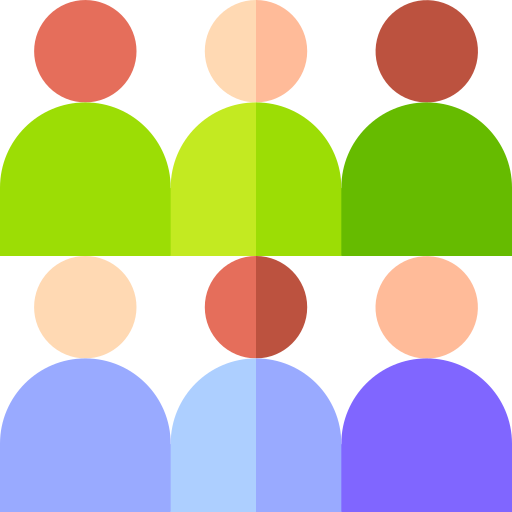
Group Therapy
DBT provides effective coping skills and strategies that have been proven effective at dealing with serious depressive symptoms.
Dialectical Behavioral Therapy (DBT) groups are similar to individual therapy but come with the added benefit of learning from others who also live with depression. It’s your chance to hear how others cope and what treatments work for them.
Better Life Therapy uses several modalities and evidenced-based strategies to treat depression, such as:
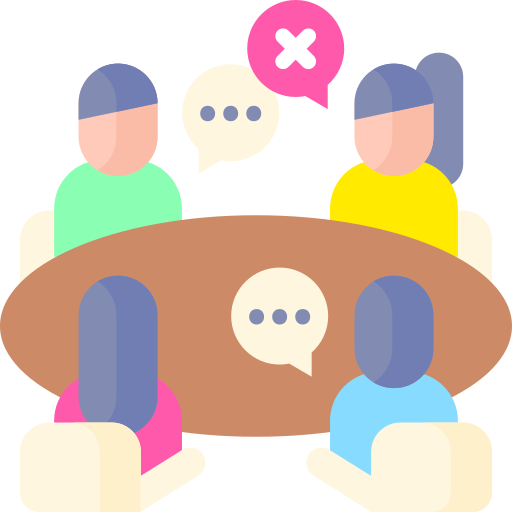
Dialectical Behavioral Therapy (DBT)
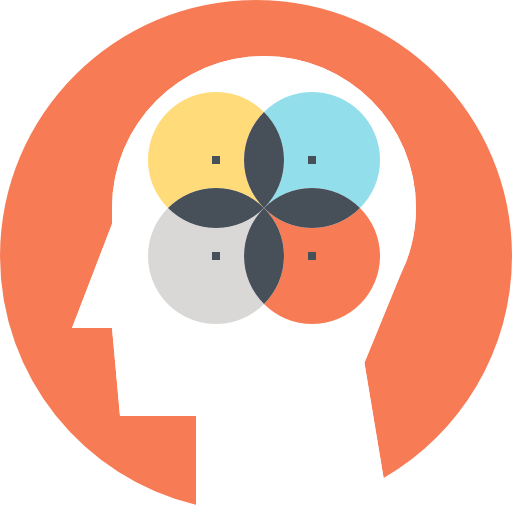
Cognitive Behavioral Therapy (CBT)
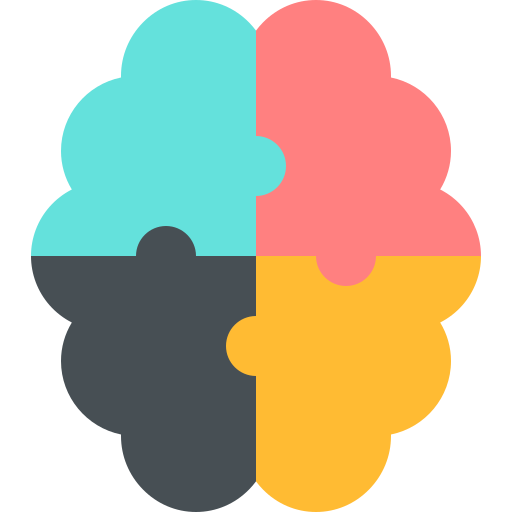
Psychodynamic Psychotherapy
WHAT ARE THE SIGNS AND SYMPTOMS OF DEPRESSION?
Depression is experienced differently by everyone, and not all cases are the same.
Many of the common symptoms found in adult depression include:
- Persistent sad, anxious, or “empty” moods
- Feelings of hopelessness or pessimism
- Feelings of irritability, frustration‚ or restlessness
- Feelings of guilt, worthlessness, or helplessness
- Loss of interest or pleasure in hobbies or activities you once enjoyed
- Decreased energy, fatigue, or being “slowed down”
- Difficulty concentrating, remembering, or making decisions
- Difficulty sleeping, waking earlier than desired, or, alternately, oversleeping
- Decreased libido or a loss of interest in sexual activity
- Changes in appetite or unplanned weight changes
- Aches or pains, headaches, cramps, or frequent digestive problems that are unresponsive to treatment and have no clear physical cause
- Suicide attempts or thoughts suicide and death
This is not an exhaustive list, and it’s recommended that you seek a therapist or medical professional, such as your primary care physician, that can provide an accurate diagnosis and recommendation for treatment.
In children, depression often includes different symptoms that make it difficult to diagnose without medical or therapeutical assistance.
- Difficulty in school and a lack of focus
- Increased irritability or crankiness
- Separation anxiety, refusing to leave a parent, or worry that a parent might die
- Low self-esteem
- Excessive sleepiness, Hypersomnia
- Increased appetite, Hyperphagia
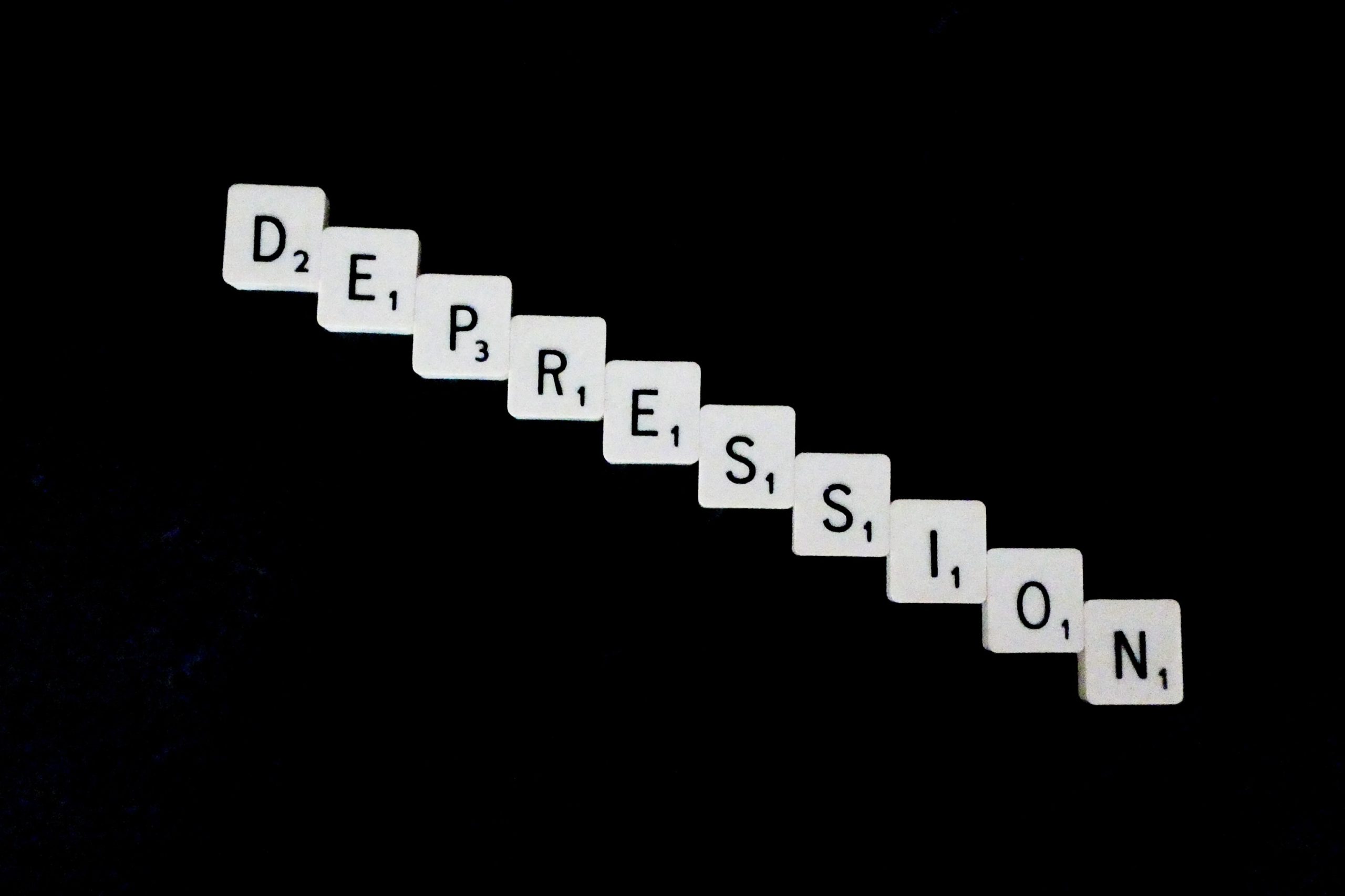
WHAT SHOULD I DO IF I THINK I HAVE DEPRESSION?
If you think you may have depression, talk to your medical health care provider and a therapist. Primary care providers routinely diagnose and treat depression and will refer individuals to mental health professionals for therapeutic treatment.
Better Life Therapy offers comprehensive and effective treatments for depression. We have therapists who specialize in treating depression and grief symptoms.
We recognize that depression is not something anyone chooses, and we use a variety of methods to provide individuals with a means of coping and, ultimately, relief from their depression.

